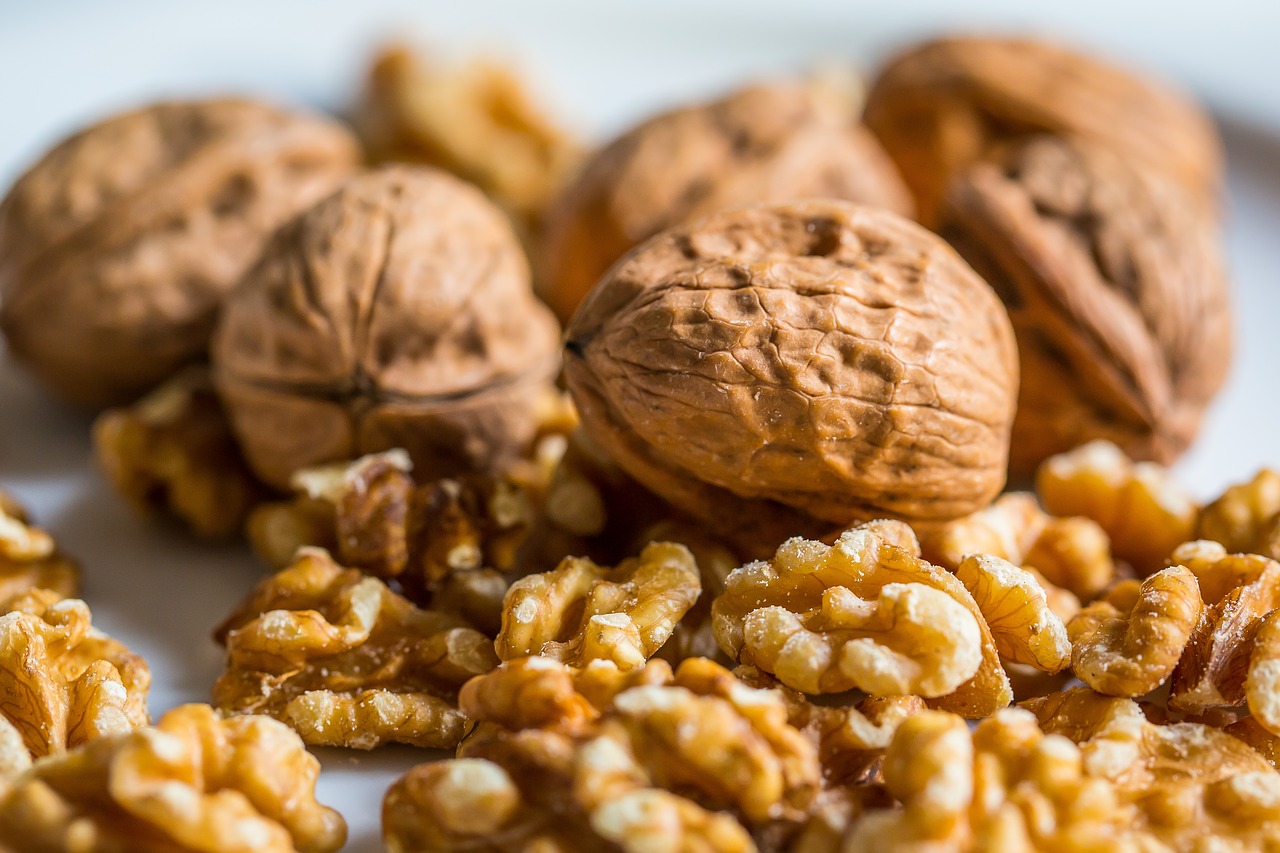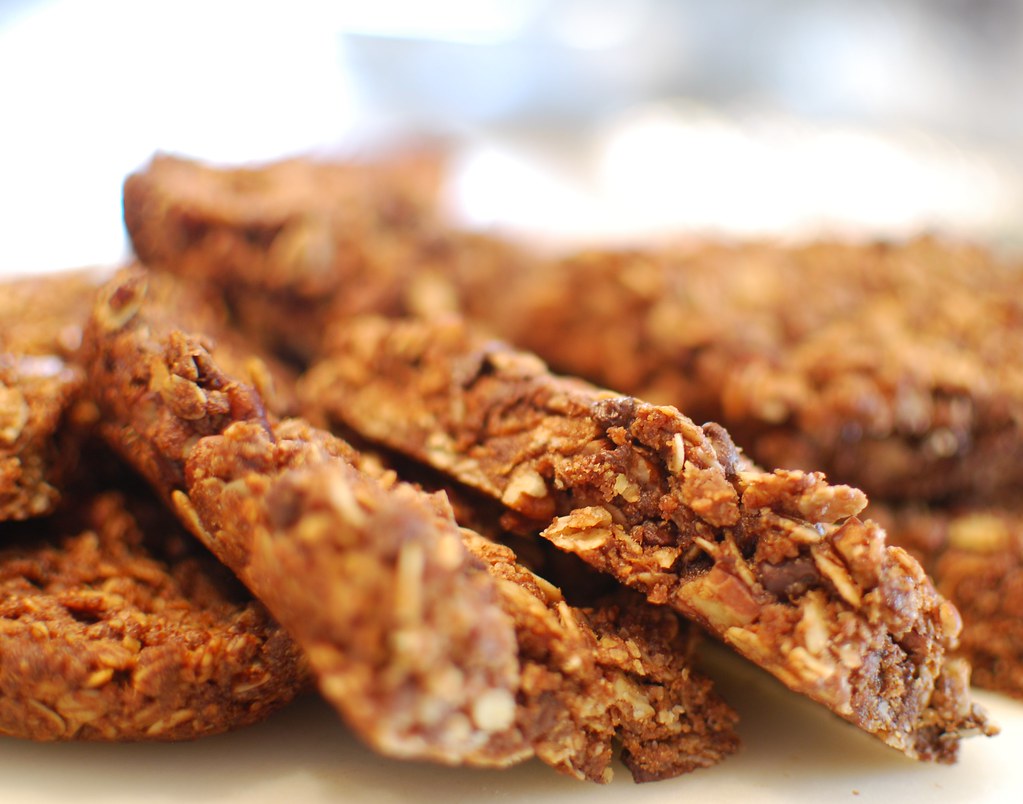
Eating nuts as part of a healthy diet may be good for your heart. Nuts contain unsaturated fatty acids and other nutrients. And they’re a great snack food — inexpensive, easy to store and easy to pack when you’re on the go.
One drawback to nuts is that they’re high in calories, so it’s important to limit portions. But choosing nuts instead of a less healthy snack may just help you stick to a heart-healthy diet.
How might nuts help your heart?
Research has found that people who are at risk of a heart attack can cut their risk by eating a healthy diet that includes nuts.
Research suggests that eating nuts may:
- Lower your low-density lipoprotein (LDL or “bad”) cholesterol and triglyceride levels, which play a major role in the buildup of deposits called plaques in your arteries
- Improve the health of the lining of your arteries
- Lower levels of inflammation linked to heart disease
- Reduce the risk of developing blood clots, which can lead to a heart attack and death
As a result, nuts can improve your heart health and lower your risk of dying early from heart disease and other causes.
What might make nuts heart healthy?
Besides being packed with protein, most nuts contain at least some of these heart-healthy substances:
- Unsaturated fats. It’s not entirely clear why, but it’s thought that the “good” fats in nuts — both monounsaturated and polyunsaturated fats — lower bad cholesterol levels.
- Omega-3 fatty acids. It’s well known that omega-3 fatty acids are found in fish, but many nuts also are rich in omega-3 fatty acids. Omega-3s are healthy fatty acids that seem to help your heart by, among other things, preventing irregular heart rhythms that can lead to heart attacks.
- Fiber. All nuts contain fiber, which helps lower your cholesterol. Fiber also makes you feel full, so you eat less. In addition, fiber is thought to play a role in preventing type 2 diabetes.
- Vitamin E. Vitamin E may help stop the development of plaques in your arteries, which can narrow them. Plaque development in your arteries can lead to chest pain, coronary artery disease or a heart attack.
- Plant sterols. Some nuts contain plant sterols, a substance that can help lower your cholesterol. Plant sterols are often added to products such as margarine and orange juice for additional health benefits, but sterols occur naturally in nuts.
- L-arginine. Nuts are also a source of L-arginine, which is a substance that may help improve the health of your artery walls by making them more flexible and less prone to blood clots that can block blood flow.
What’s a healthy serving of nuts?
As much as 80% of a nut is fat. Even though most of this fat is healthy fat, it’s still a lot of calories. That’s why you should eat nuts in moderation. Ideally, you should use a handful of nuts or a tablespoon or two of a nut spread as a substitute for saturated fats, such as those found in meats, eggs and dairy products.
The American Heart Association recommends eating about four servings of unsalted nuts a week. Choose raw or dry-roasted nuts rather than nuts cooked in oil. One serving is a small handful (1.5 ounces) of whole nuts or 2 tablespoons of nut butter.
Do this as part of a heart-healthy diet. Just eating nuts and not cutting back on saturated fats found in many dairy and meat products won’t do your heart any good.
Does it matter what kind of nuts you eat?
The type of nuts you choose to eat probably doesn’t matter much. Most nuts appear to be generally healthy, though some may have more heart-healthy nutrients than others. For example, walnuts contain high amounts of omega-3 fatty acids.
Almonds, macadamia nuts, hazelnuts and pecans also appear to be quite heart healthy. And peanuts — which are technically not a nut, but a legume, like beans — seem to be relatively healthy.
Keep in mind that you could end up canceling out the heart-healthy benefits of nuts if they’re covered with chocolate, sugar or salt.
Here’s some nutrition information on common types of nuts. All calorie and fat content measurements are for 1 ounce, which is 28.4 grams (g), of unsalted nuts.
| Type of nut |
Calories |
Total fat |
| Almonds, dry-roasted |
170 |
14.9 g |
| Almonds, raw |
164 |
14.2 g |
| Brazil nuts, raw |
187 |
19 g |
| Cashews, dry-roasted |
163 |
13.1 g |
| Chestnuts, roasted |
70 |
0.6 g |
| Hazelnuts (filberts), dry-roasted |
183 |
17.7 g |
| Hazelnuts (filberts), raw |
178 |
17.2 g |
| Macadamia nuts, dry-roasted |
204 |
21.6 g |
| Macadamia nuts, raw |
204 |
21.5 g |
| Peanuts, dry-roasted |
166 |
14.1 g |
| Pecans, dry-roasted |
201 |
21.1 g |
| Pistachios, dry-roasted |
162 |
13 g |
| Walnuts, halved |
185 |
18.5 g |
How about nut oils? Are they healthy, too?
Nut oils also are a good source of healthy nutrients, but they lack the fiber found in whole nuts. Walnut oil is the highest in omega-3s.
Consider using nut oils in homemade salad dressing or in cooking. When cooking with nut oils, remember that they respond differently to heat than do vegetable oils. Nut oils can become bitter if overheated. Use nut oils in moderation, as they are high in fat and calories.
mayoclinic.org/diseases-conditions/heart-disease/in-depth/nuts/art-20046635






